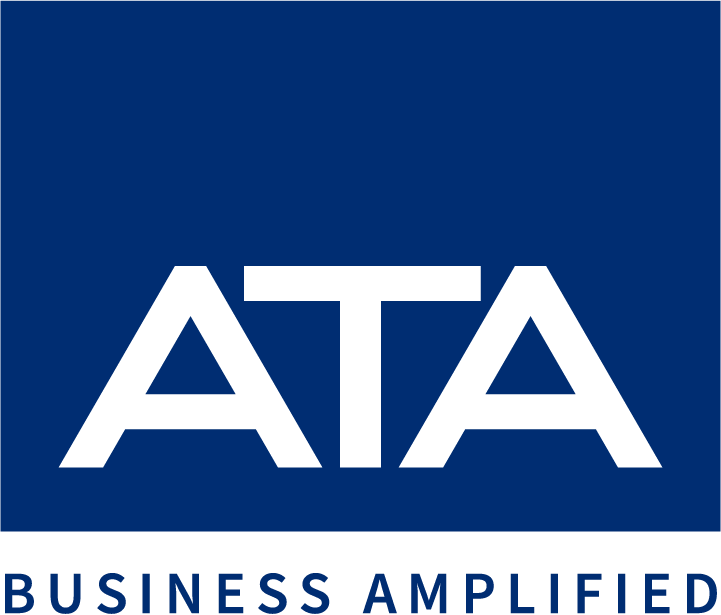“Gamification.” It’s perhaps an odd word, but it’s a cool concept that’s become popular among many types of businesses. In its most general sense, the term refers to integrating characteristics of game-playing into business-related tasks to excite and engage the people involved.
Might it have a place in your company?
Internal focus
Sometimes gamification refers to customer interactions. For example, a retailer might award customers points for purchases that they can collect and use toward discounts. Or a company might offer product-related games or contests on its website to generate traffic and visitor engagement.
But, these days, many businesses are also using gamification internally. That is, they’re using it to:
- Engage employees in training processes,
- Promote friendly competition and camaraderie among employees, and
- Ease the recognition and measurement of progress toward shared goals.
It’s not hard to see how creating positive experiences in these areas might improve the morale and productivity of any workplace. As a training tool, games can help employees learn more quickly and easily. Moreover, with the rise of social media, many workers are comfortable sharing with others in a competitive setting. And, from the employer’s perspective, gamification opens all kinds of data-gathering possibilities to track training initiatives and measure employee performance.
Specific applications
In most businesses, employee training is a big opportunity to reap the benefits of gamification. As many industries look to attract Generation Z — the next big demographic to enter the workforce — game-based learning makes perfect sense for individuals who grew up both competing in various electronic ways on their mobile devices and interacting on social media.
For example, safety and sensitivity training are areas that demand constant reinforcement. But it’s also common for workers to tune out these topics. Framing reminders, updates and exercises within game scenarios, in which participants might win or lose ground by following proper or improper work practices, is one way to liven up the process.
Game-style simulations can also help prepare employees for management or leadership roles. Online training simulations, set up as games, can test participants’ decision-making and problem-solving skills — and allow them to see the potential consequences of various actions beforegranting them such responsibilities in the real-word situations. You might also consider rewards-based games for managers or project leaders based on meeting schedules, staying within budgets, or preventing accidents or other costly mistakes.
Intended effects
Naturally, gamification has its risks. You don’t want to “force fun” or frustrate employees with unreasonably difficult games. Doing so could lower morale, waste time and money, and undercut training effectiveness.
To mitigate the downsides, involve management and employees in gamification initiatives to ensure you’re on the right track. Also consider involving a professional consultant to implement established and tested “gamified” exercises, tasks and contests. We can help you identify and assess the potential costs involved and keep those costs in line.
© 2019



